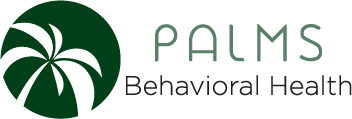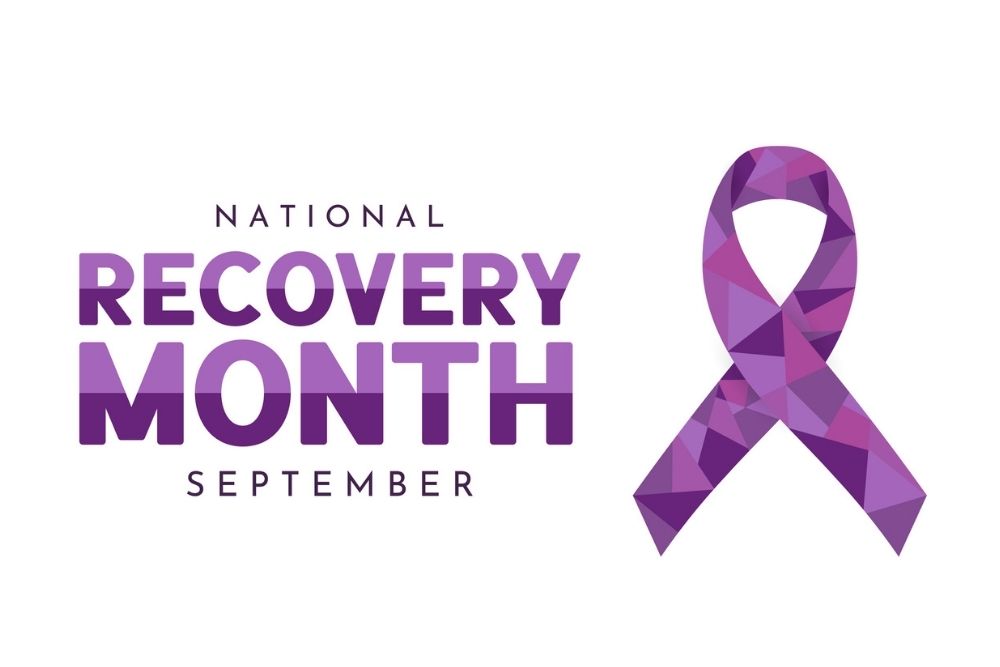September is designated as National Recovery Month, a time that is used to raise awareness about mental health and substance use disorders, celebrate the hard work of professionals who treat people with behavioral health disorders, and shine a spotlight on treatment innovations that are making recovery more attainable than ever. At Palms Behavioral Health in Harlingen, Texas, we think Recovery Month is an important tool in maintaining hope for people in recovery and their loved ones.
Fighting False Narratives
One of the purposes of Recovery Month is to improve understanding of behavioral health conditions. This includes fighting stigma. Stigma is a type of discrimination that is typically based on false information or a lack of awareness. The stigma around behavioral health is often centered around assumptions that people with these diagnoses are:
- Dangerous
- Immoral
- To blame for their disorders
- Unwilling to get better
- A lost cause
Increasing awareness of mental health and substance use disorders can make it easier for people fighting these disorders to ask for help and strengthen their chances of recovery.
Improving Conversations Around Recovery
One of the underlying causes of stigma is inadequate, outdated, or unfairly negative terminology that many people are taught to use when discussing behavioral health. Recovery Month provides opportunities for people to learn more compassionate, medically accurate vocabulary.
Some examples include:
- Person with a substance use disorder, instead of calling someone a junkie, addict, drunk, alcoholic, or substance abuser. This uses person-first language, instead of defining the person by their disorder, and also removes words that blame and shame.
- A positive test result is a kinder, more medically accurate way to describe a drug test that confirmed the presence of substances than calling it dirty or failed. People who are struggling may internalize these words and feel that they are being called dirty or failures.
- Recovery, remission, abstinence, or testing negative for a substance are better ways to describe a person who isn’t using drugs, rather than saying they tested clean, because this also implies that people in active addiction or who relapse are dirty.
- Chemical dependence, drug use, or substance misuse is more accurate than calling someone a drug abuser. An abuser is someone who causes harm, so it carries a highly negative tone and promotes the idea that people are dangerous if they struggle with addiction.
- Having a psychiatric or mental health disorder is much kinder, more medically accurate words than nuts, crazy, or schizo. If you are talking about someone who does not have a behavioral health condition, then find better words to describe the unwanted behaviors you are seeing, rather than increasing stigma against people who are struggling with mental illness.
Increasing Understanding
Knowing how to talk about behavioral health is only a start. It is also important for people to recognize the underlying factors that contribute to these conditions, which include:
- Genetics
- Brain differences
- Traumatic experiences
- Poverty
- Being unhoused
- Isolation and loneliness
Promoting Preventative Actions
Benjamin Franklin famously said, “An ounce of prevention is worth a pound of cure.” It’s much easier and cheaper to handle mental health and substance use before it becomes a problem than to respond after the fact. Understanding how the factors above contribute to behavioral health disorders plays a role in prevention and rapid access to treatment:
- Concerned citizens can contact their elected officials to ask that they fund programs to research and treat mental illness and addiction, address housing barriers, and fight poverty.
- Young people are learning how to spot the signs of a behavioral health condition in themselves and their friends.
- 988 and other hotlines exist to help people navigate crises and rapidly connect them to local support.
- Doctors, schools, and other professionals working with children can screen for adverse childhood experiences (ACEs) and help parents find support for their families.
Raising Hope
One of the most important functions of Recovery Month is to show that recovery is possible. This is often achieved by spotlighting success stories and treatment innovations that are giving people more tools to address their behavioral health needs.
At Palms Behavioral Health, we treat adolescents, adults, and seniors with behavioral health disorders. We watch the miracle of recovery happen every day, as we provide support for our patients and their families.






